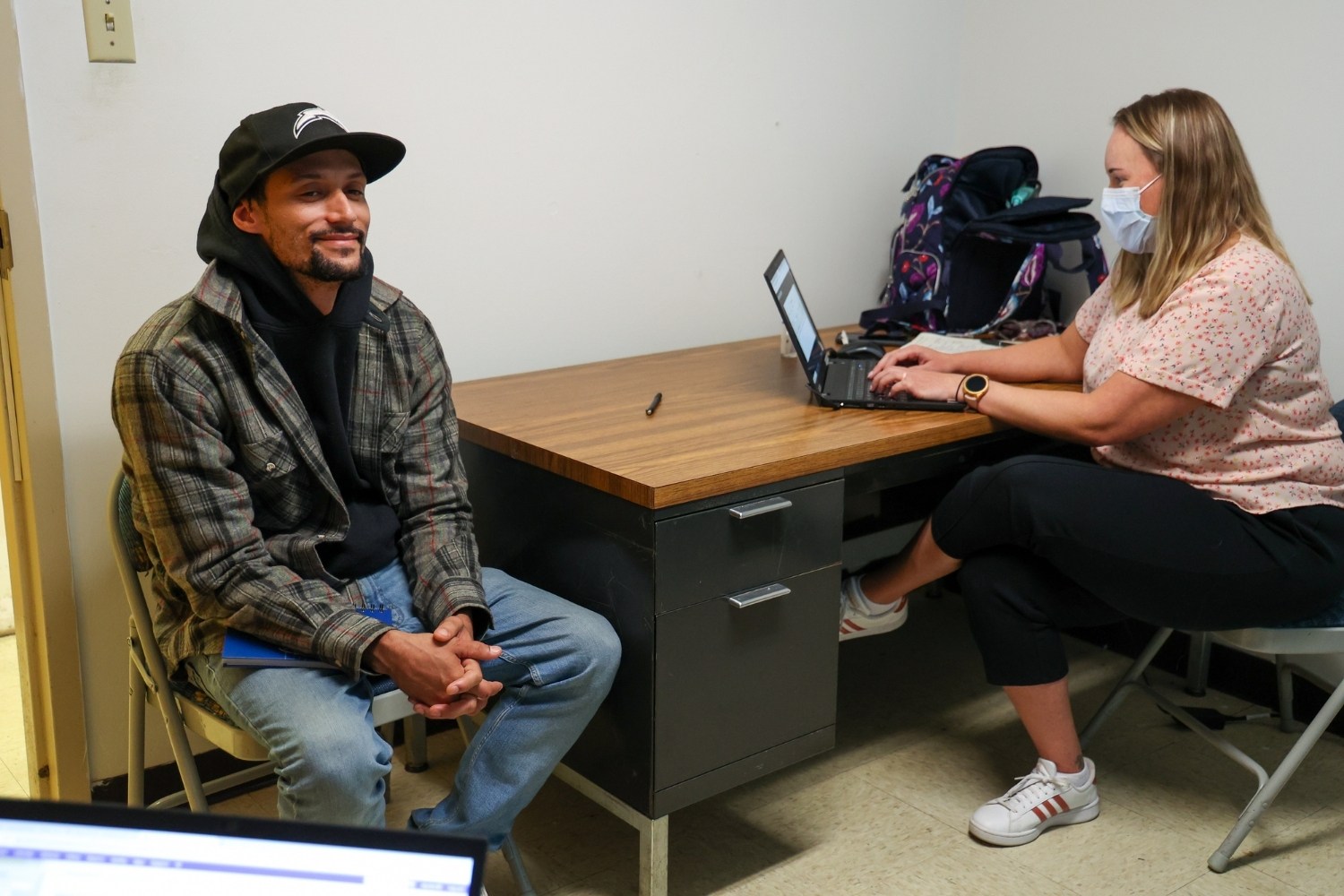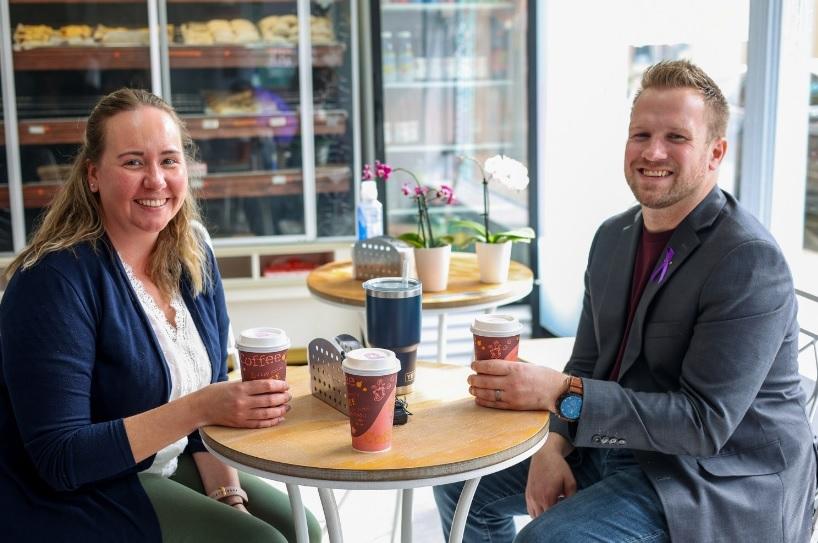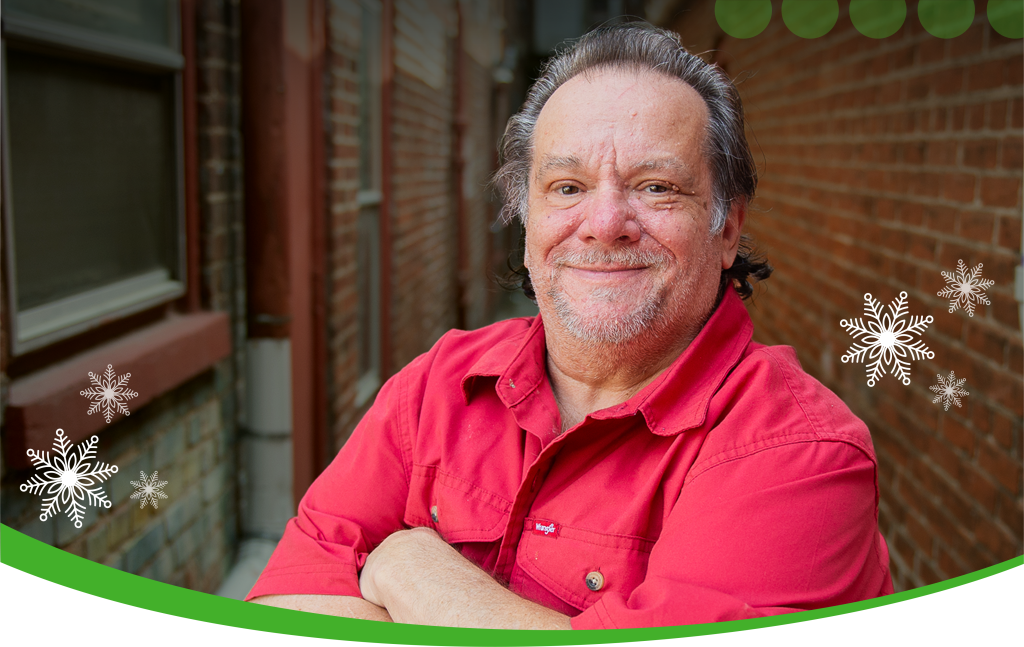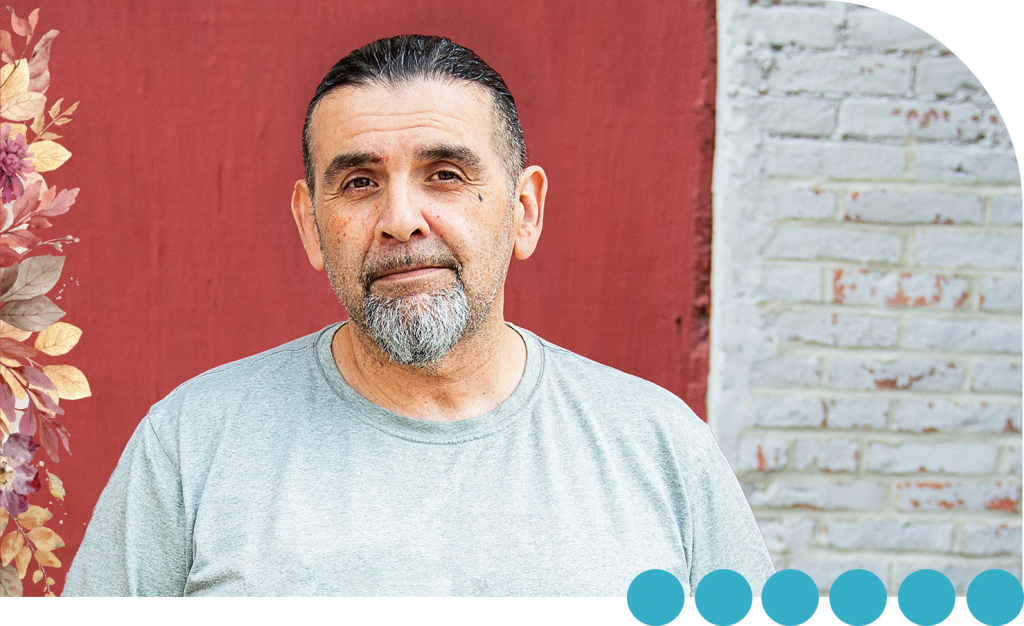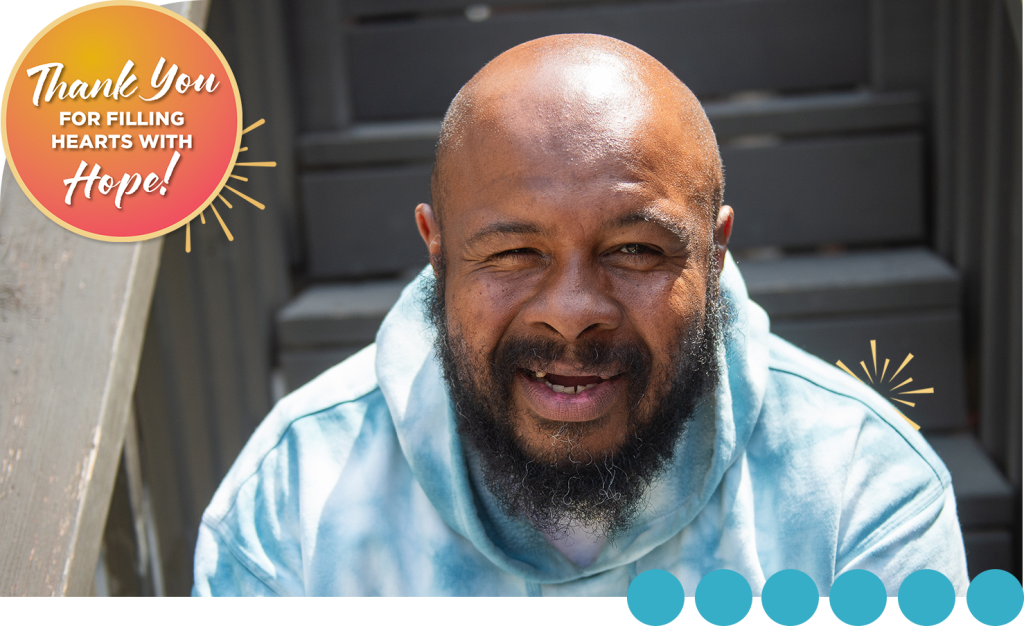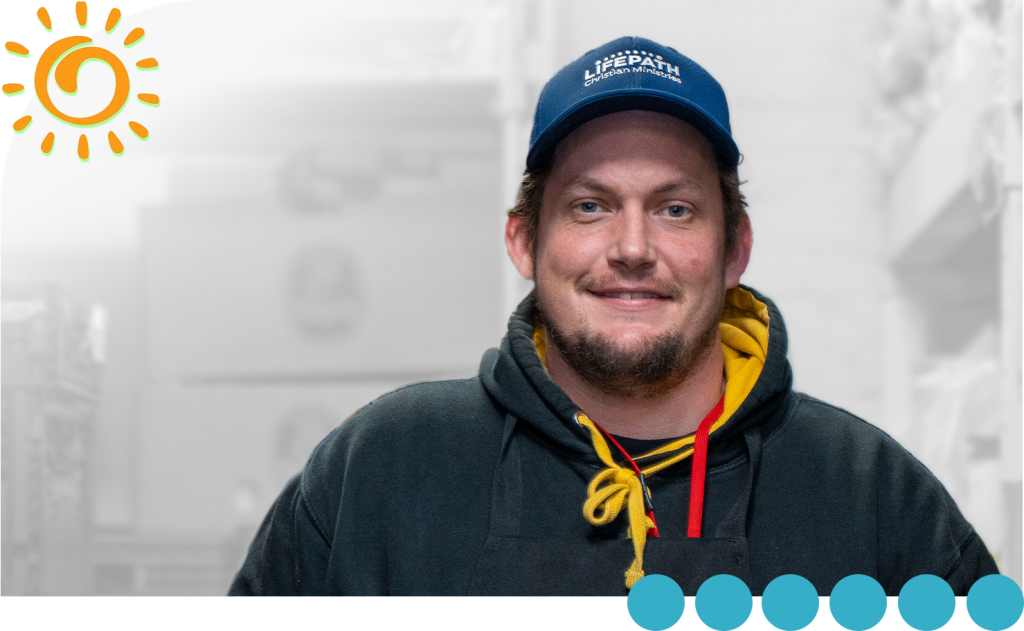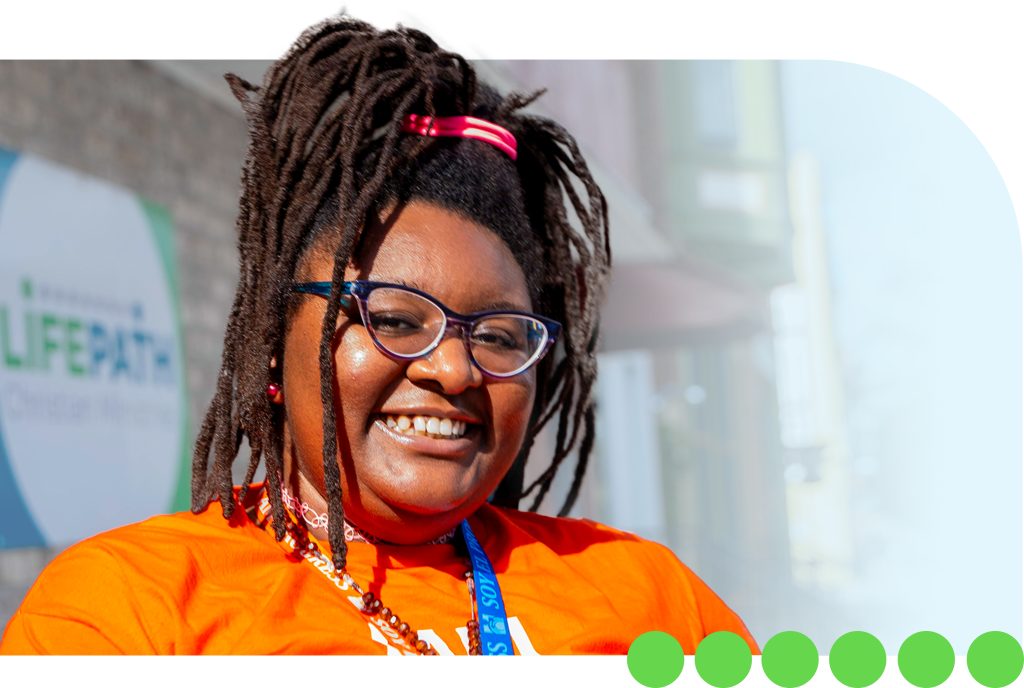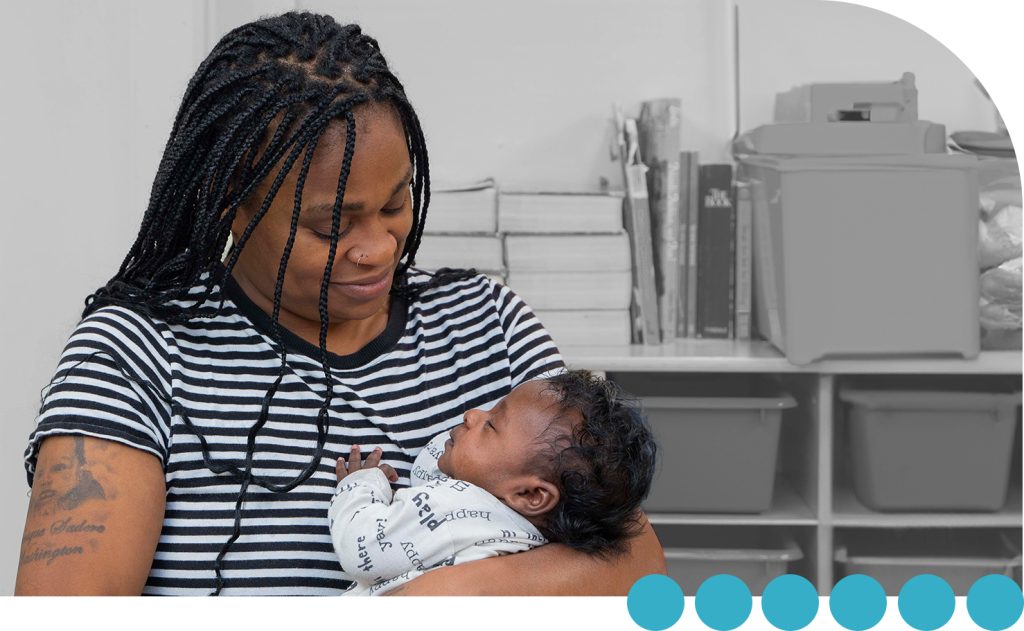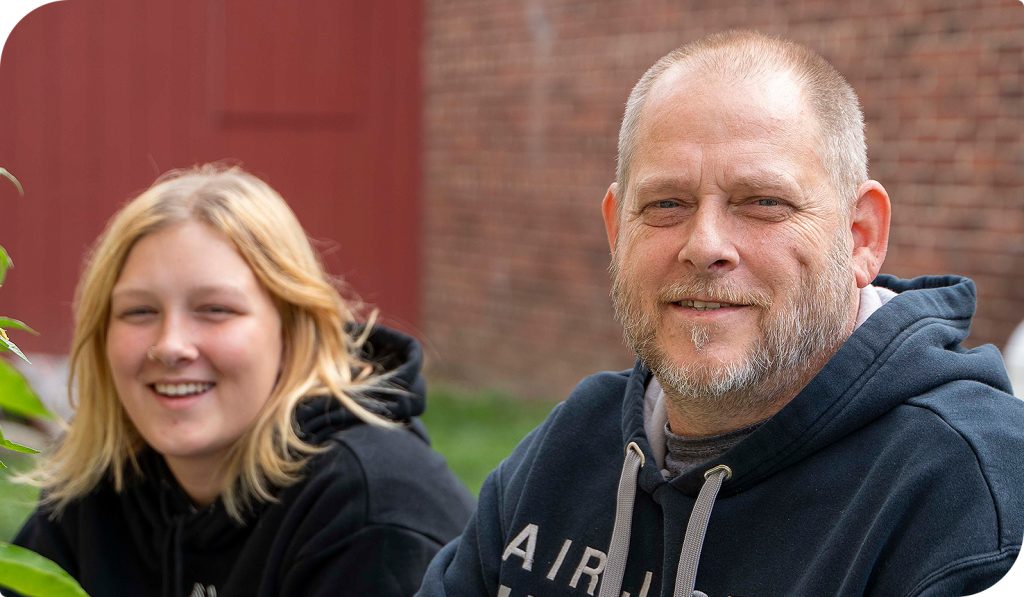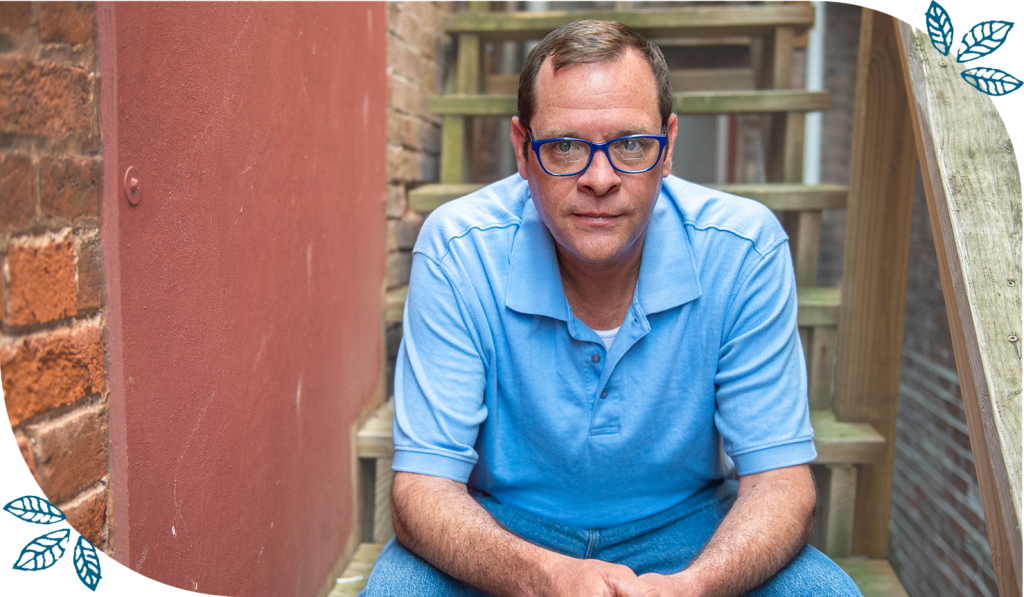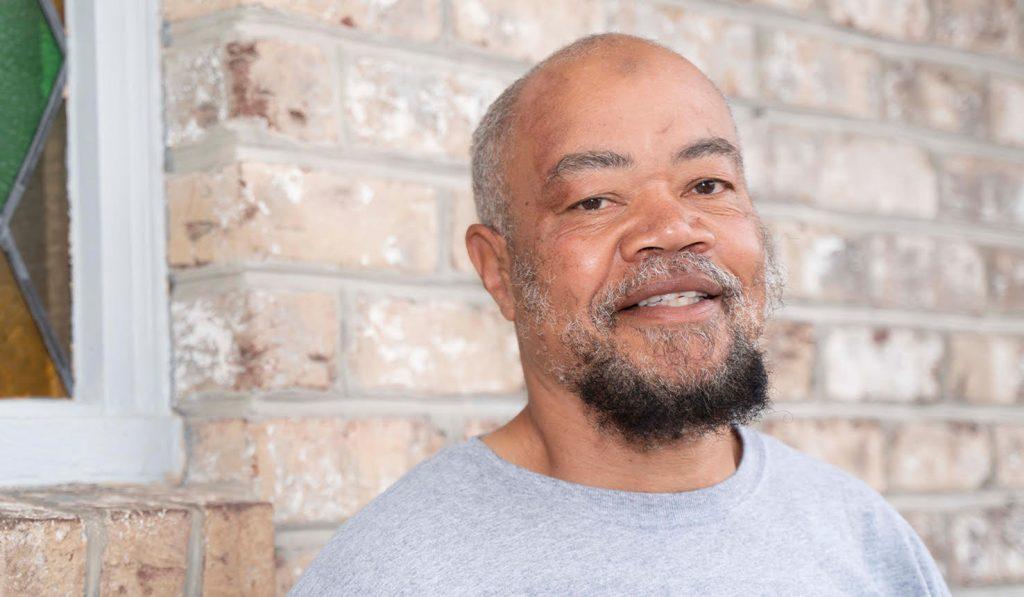The partnership between LifePath Christian Ministries and the health care provider relieves shelter guests from having to find treatment on their own.
In September, LifePath Christian Ministries partnered with Family First Health to provide the first of many opportunities for guests at the men’s and women’s shelters to receive primary medical health screenings in-house, while then receiving referrals to additional services.
The objectives of Family First Health, which values collaboration and seeks to remove barriers to care, aligned with LifePath’s mission to connect its guests to support services.
Addressing a gap
Micah Heckert, LifePath’s Manager of Partnership Development, saw a gap in services, especially in medical treatment. Many guests who come to LifePath lack health insurance and a primary care physician. When a health concern arose, they found themselves heading to the hospital emergency room.
Heckert also saw the need to address the medical side of addiction recovery. It all aligned with LifePath’s core values to pursue Continuous Improvement and to provide Radical Hospitality.
The key was to find a community partner whose services could complement what LifePath can provide. Family First Health fit that bill.
At the same time, Erin Schmidt, who serves as COVID-19 Community Program Manager for Family First Health, was noticing a shift in the needs of the community as the pandemic waned. She saw a need for more mobile health services to reach people who otherwise might not receive care.
“We want to eliminate the barriers to come to a brick-and-mortar medical facility,” she says.
The collaboration began with listening sessions, where guests described services that would be most beneficial to them. The same needs kept coming up: vision and foot care, diabetes treatment, behavioral health services, and gynecological care and breast cancer screenings for guests at the women’s shelter.
‘An insurmountable task’
While mobile health care is growing in cities around the country, that option is limited in York. It can be overwhelming for someone experiencing homelessness to try to secure health insurance, arrange a doctor’s appointment, and get follow-up care.
“What it takes for a homeless person to put it all together,” says Heckert, “it’s an insurmountable task. People get discouraged.”
Heckert and Schmidt are on a mission to change that.
Michael Bucher, a guest at the Men’s Shelter, experienced the difficulty in finding treatment. While he was walking down the street, his leg gave out and he was unable to take another step. Being homeless and without transportation, his only option was to call for an ambulance ride to the hospital. Weeks later, he still can walk only short distances.
Having a connection to medical care in-house makes it much easier to get the care he needs.
“It’s been a new experience,” he says.
Many other shelter guests also are reaping the benefits.
“Considering that transportation is an issue,” says a guest at the women’s shelter, “having them come here is a great asset. I’m very grateful for that.”
It’s through relationships with providers in the community that LifePath sees opportunities to further impact the lives of guests — giving them hope for the future and assurance that their needs will be taken care of.

